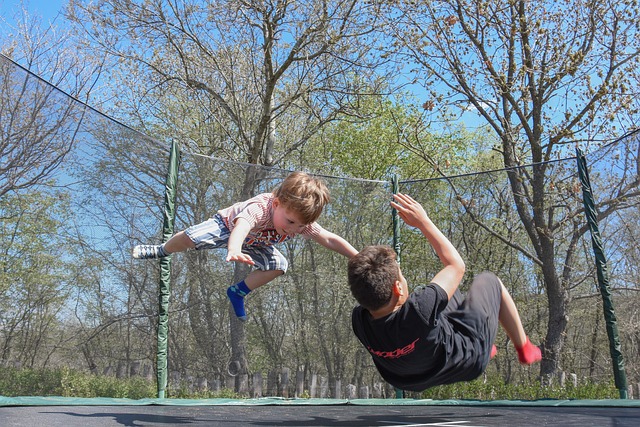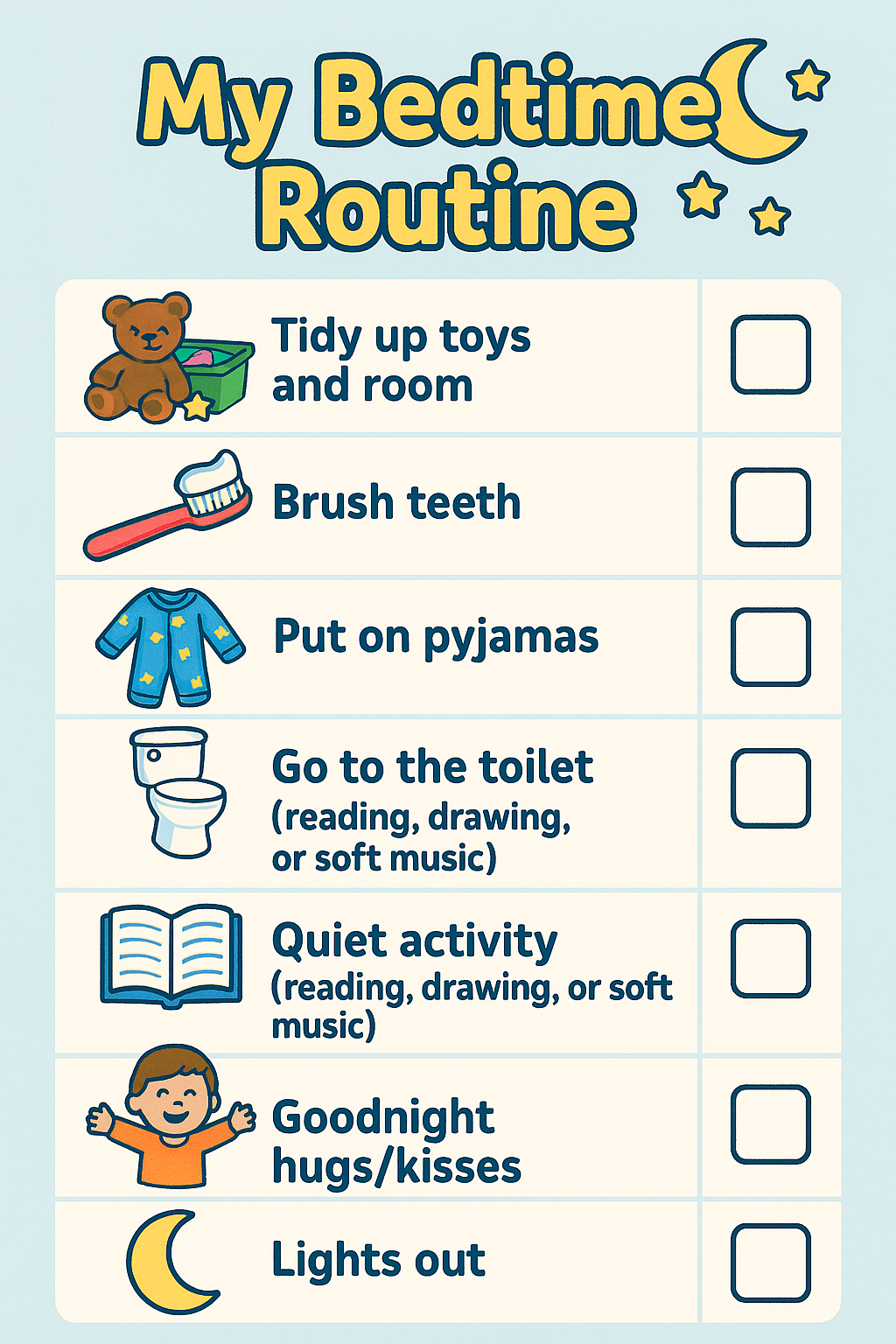Sleep is one of the most underrated superpowers in a child’s life. While we often focus on nutrition, education, and extracurricular activities, the truth is that none of these can reach their full potential without the foundation of quality rest.
For children, sleep is not just about recharging batteries — it’s a critical process that fuels growth, learning, emotional balance, and long-term health. In fact, research shows that children who consistently get enough sleep are more likely to thrive academically, socially, and physically.
So, what exactly does a good night’s sleep do for a child, and how can parents set the stage for it every night? Let’s break it down.
🌟 Why Sleep Matters So Much for Kids

1. Supports Physical Growth & Immunity
During deep sleep, the body releases growth hormones that help bones, muscles, and tissues develop. This is also when the immune system strengthens, making it easier for kids to fight off colds, flu, and other illnesses.
2. Boosts Concentration & Learning
A well-rested brain is like a well-tuned engine — it runs smoothly and efficiently. Sleep improves attention span, problem-solving skills, and the ability to absorb and retain new information. This means better focus in class and more success with homework.

3. Improves Mood & Behaviour
Ever noticed how a tired child can be more irritable, emotional, or hyperactive? Sleep helps regulate mood and behaviour, reducing tantrums, emotional outbursts, and restlessness
4. Enhances Problem-Solving & Creativity

Sleep is when the brain processes and organises the day’s experiences. This “mental filing” boosts creativity and helps children make connections between ideas — a skill that’s valuable in both academics and play.
5. Promotes Long-Term Mental Health
Healthy sleep habits in childhood can reduce the risk of anxiety, depression, and other mental health challenges later in life. It’s an investment in emotional resilience.
🛏 Five Practical Ways Parents Can Help Kids Sleep Better
Knowing the benefits is one thing — making them happen is another. Here are five proven strategies parents can use to help their children get the rest they need.
1. Set a Consistent Sleep Schedule
Children’s bodies thrive on routine. Going to bed and waking up at the same time every day — even on weekends — helps regulate their internal clock. This consistency makes it easier for them to fall asleep and wake up naturally.
Tip: If your child’s bedtime is currently late, adjust it gradually by 10–15 minutes every few nights until you reach the desired time.
2. Create a Calming Bedtime Routine
Download and print the schedule for your child to follow.
A predictable wind-down routine signals to the body that it’s time to rest. This could include a warm bath, brushing teeth, reading a story, or listening to soft music.
Tip: Keep the routine calm and screen-free. The goal is to lower stimulation, not ramp it up.
3. Limit Screen Time Before Bed

The blue light from TVs, tablets, and phones can interfere with melatonin production — the hormone that helps us feel sleepy. Turning off screens at least an hour before bed gives the brain time to prepare for rest.
Tip: Replace screen time with quiet activities like drawing, puzzles, or reading together.
4. Make the Bedroom Sleep-Friendly
The sleep environment plays a huge role in how quickly and deeply a child sleeps. A cool, dark, and quiet room is ideal. Blackout curtains can block early morning light, and white noise machines can mask household sounds.
Tip: Let your child have a say in small details, like choosing their bedding or a soft nightlight, so they feel comfortable and secure.
5. Encourage Daytime Activity
Children who are physically active during the day tend to fall asleep faster and sleep more soundly. Outdoor play, sports, or even a family walk after dinner can make a big difference.
Tip: Avoid intense physical activity right before bed, as it can be too stimulating.

🕒 How Much Sleep Do Kids Really Need?
While every child is different, here’s a general guide from the National Sleep Foundation:
| Age Group | Recommended Sleep per 24 Hours |
|---|---|
| 3–5 years | 10–13 hours (including naps) |
| 6–13 years | 9–11 hours |
| 14–17 years | 8–10 hours |
💡 Final Thoughts
Helping your child get a good night’s sleep isn’t just about avoiding cranky mornings — it’s about giving them the best possible foundation for growth, learning, and emotional well-being.
By setting consistent routines, creating a calming environment, and encouraging healthy habits, you’re not only improving their nights but also shaping their days for success.
Think of sleep as a silent partner in your parenting journey — one that works behind the scenes to help your child become the healthiest, happiest version of themselves.


